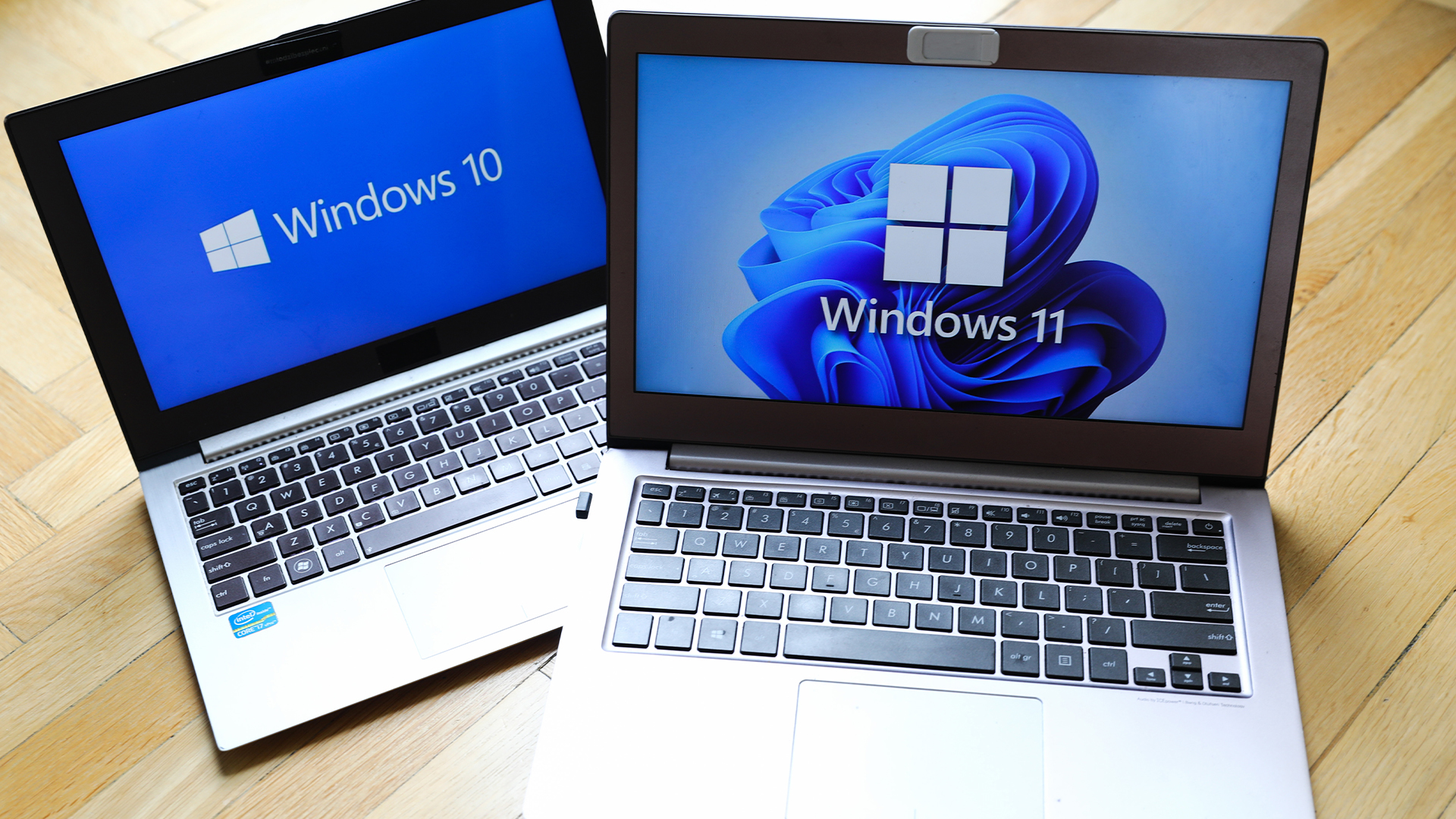Windows XP users "don't care" about upgrading, claim market watchers
Windows XP users have 500 days of full support left before the product enters End Of Life.

That being said, some users are sticking with XP because their applications are incompatible with newer versions of Windows and Internet Explorer.
Camwood's Gemmel said determining the applications that need to be reworked or replaced for the move to Windows 7 or 8 requires a "significant amount of work", especially for larger businesses.
"Companies that haven't upgraded to Windows Vista will hit a lot of application compatibility issues and may need new versions of their problem apps to move to Windows 7, for example," he said.
It is time for vendors and service providers to pay less attention to XP users.
"Everything from in-house developed software to older versions of Adobe Reader, SAP software and Oracle financial apps can be affected by [these issues]."
However, working out what apps need to be updated or ditched during a company-wide Windows upgrade can help reduce the overall cost of the migration.
"We are working with organisations with [in excess of] 2,000 users and they can have anything between 600 and 10,000 applications across their estate," explained Gemmel.
Sign up today and you will receive a free copy of our Future Focus 2025 report - the leading guidance on AI, cybersecurity and other IT challenges as per 700+ senior executives
"We can help them understand which ones they use, which are duplicating the functionality of another application and streamline the number of applications they have by 30-to-60 per cent.
"Finding that out can save them money in migration, licensing, support and management," he claimed.
For example, he claims Camwood saved a company over three quarters of a million pounds by stripping out 250 surplus applications from its software estate.
"The problem is that many companies have no idea just how many applications they have in the first place," he added.
The cost benefits of whittling down the number of apps you have is unlikely to convince CIOs that are dragging their feet on Windows upgrades to hurry up, argued Longbottom.
"Most XP-using organisations have their own support teams who have ironed out the issues with their own usage of XP. If Microsoft disappeared off the face of the planet, they would hardly notice," he said.
"It is time for vendors and service providers to pay less attention to XP users, and work with those who may have recognised that we are now in the 21st century," he added.
-
 Windows 10 extended support costs could top $7 billion
Windows 10 extended support costs could top $7 billionNews Enterprises sticking with Windows 10 after the October deadline face huge costs
-
 Tiny11 review: Windows 11 with only 2GB of RAM
Tiny11 review: Windows 11 with only 2GB of RAMReview A version of Windows 11 for older machines that don't meet the full requirements
-
 Red Hat Enterprise Linux becomes foundational operating system for Cohesity Data Cloud
Red Hat Enterprise Linux becomes foundational operating system for Cohesity Data CloudNews New strategic partnership between Red Hat and Cohesity aims to drive innovation in the data security and management space
-
 Ubuntu shifts to four-week update cycle
Ubuntu shifts to four-week update cycleNews Critical fixes will also come every two weeks, mitigating the issues involved with releasing prompt patches on the old three-week cadence
-
 AlmaLinux follows Oracle in ditching RHEL compatibility
AlmaLinux follows Oracle in ditching RHEL compatibilityNews Application binary compatibility is now the aim with 1:1 now dropped
-
 How big is the Windows 10 cliff-edge?
How big is the Windows 10 cliff-edge?ITPro Network With some comparing the upcoming Windows 10 end of life to Windows XP, we ask members of the ITPro Network for their insight
-
 Everything you need to know about the latest Windows 11 updates - from bug fixes to brand-new features
Everything you need to know about the latest Windows 11 updates - from bug fixes to brand-new featuresNews Two new cumulative updates are on the way and will be installed automatically on Windows 10 and Windows 11 machines
-
 How to download a Windows 11 ISO file and perform a clean install
How to download a Windows 11 ISO file and perform a clean installTutorial Use a Windows 11 ISO to install the operating system afresh

